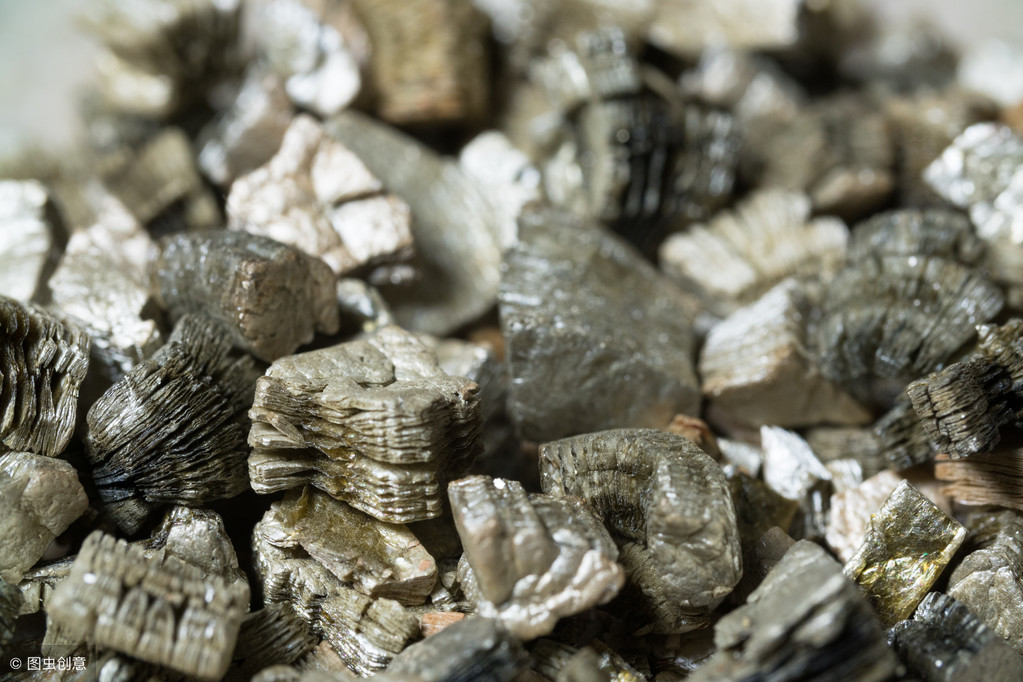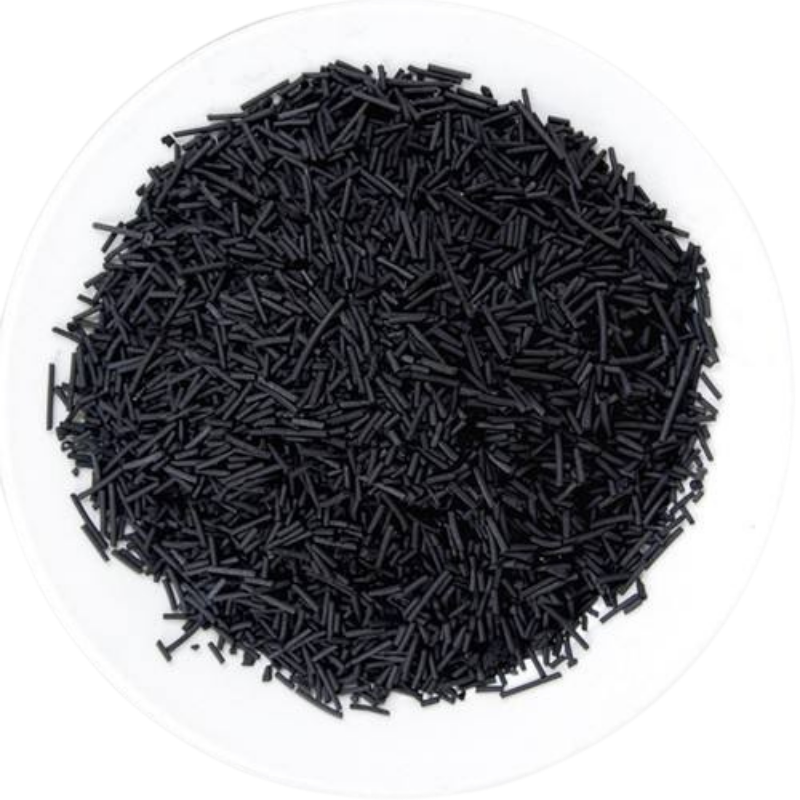
Premium Metallic Mica Solutions Custom Factory & OEM Manufacturer
- Introduction to metallic mica
and its industry positioning - Technical advantages of metallic mica
- Comparative analysis: Custom factories vs. OEM manufacturers
- Customization solutions for distinct market needs
- Industry-specific application case studies with data-driven insights
- Rigorous quality control and sustainability in production
- Conclusion and future prospects of metallic mica in the global market

(metallic mica)
Emergence and Global Positioning of Metallic Mica
Metallic mica has evolved into a critical material that bridges the requirements of several high-performance industries. Its unique properties such as thermal stability, electrical insulation, and aesthetic versatility have fueled its widespread adoption in recent years. With the growing demand for specialty materials, the global metallic mica market was valued at approximately USD 880 million in 2023 according to Industry Market Research Estimates. The material’s growth trajectory is driven by its application in automotive coatings, cosmetics, plastics, and advanced electronics. As new standards emerge and industries push for more sustainable and innovative solutions, metallic mica stands at the forefront of this transformation. The intricate supply chain, spanning from raw mineral extraction to surface modification, ensures that producers and buyers seek partners capable of consistent quality and adaptability.
Technical Advantages and Innovations in Metallic Mica
Metallic mica’s technical superiority is founded on several noteworthy attributes. Firstly, its natural sheet silicate composition allows for exceptional heat resistance, exceeding 500°C without significant physical or chemical decomposition. This property is indispensable in high-temperature electrical insulation applications.
Secondly, metallic mica demonstrates an outstanding reflective index, often ranging between 1.5 to 2.5, making it highly suitable for decorative and functional coatings. In pigment applications, the plate-like morphology of metallic mica ensures even distribution, minimizing settling and agglomeration in paint and cosmetic formulations.
Additionally, specialty surface treatments—such as sputtering and nano-coating—have enabled custom metallic mica factories to offer tailored solutions that enhance UV resistance, hydrophobicity, and conductive properties. With the surge in demand for green technologies, manufacturers now leverage automated production lines and closed-loop recycling to reduce waste by up to 18%, according to the 2023 Environmental Manufacturing Survey.
Custom Metallic Mica Factory vs. OEM Metallic Mica Manufacturer: A Comparative Analysis
Selecting the right supplier is paramount for businesses seeking specific performance characteristics and supply chain reliability. While OEM metallic mica manufacturers focus on high-volume, standard product lines, custom metallic mica factories excel in bespoke materials and agile service. The following table presents a data-driven comparison:
| Criteria | Custom Metallic Mica Factories | OEM Metallic Mica Manufacturers |
|---|---|---|
| Product Range | Highly customizable, tailored to niche performance requirements | Broad, standardized product offerings |
| Minimum Order Quantity | Flexible (as low as 50 kg/lab scale) | High (500 kg and above) |
| Lead Time | Variable, as low as 3-6 weeks | Short for standard lines, 2-4 weeks average |
| Technical Support | Comprehensive R&D support, formulation assistance | Limited, focused on existing SKUs |
| Adaptability | Rapid prototyping & iterative improvement | Less flexible to change requests |
| Sustainability Practices | Cutting-edge water and energy recycling initiatives | Generic compliance, less innovation |
| Annual Output (avg.) | 5,000 - 15,000 tons | 20,000 - 80,000 tons |
| Target Customers | Specialty formulators, high-value segments | Mass market, mainstream industries |
As the data illustrates, choosing a custom metallic mica factory is ideal for projects demanding strict performance thresholds, innovative formulations, and close technical collaboration, while OEM providers are best suited for commoditized, price-driven procurement.
Solutions for Tailored Metallic Mica Applications
To address evolving end-user requirements across automotive, electronics, cosmetics, and construction, advanced custom metallic mica factories employ a consultative approach to product development. By engaging deeply with customer R&D teams, these factories can deliver particle size distributions ranging from 10 microns for cosmetics to 150 microns for specialty construction applications. Offering color-matched metallic mica, they fine-tune the blend of titanium dioxide and iron oxide for brilliant metallic effects optimized for specific substrates.
Some manufacturers provide hydrophobic or oleophobic surface treatments, elevating moisture resistance in automotive underbody coatings. Additionally, food-grade certifications and high-purity options (<0.05% heavy metal contamination) enable safe use in food packaging and pharmaceutical applications. At every step, digital twin simulations and process analytics ensure targeted outcomes, from brightness and color consistency to adhesion and dispersibility.
With the integration of ERP and Industrial IoT systems, production can be monitored in real-time, allowing precise adjustments and batch traceability. This ensures that each batch is compliant with regulatory standards such as REACH, RoHS, and ISO 9001/14001.
Industry Case Studies and Impact Assessment
Recent years have witnessed a rapid expansion of metallic mica applications in both established and emerging sectors. In the automotive domain, for example, the switch to advanced metallic mica pigments in OEM waterborne primers led to a 38% improvement in chip resistance and a 23% enhancement in pigment dispersion uniformity—data sourced from a 2022 major European automaker’s paint trial. Furthermore, electronics companies utilizing fine-particle metallic mica in circuit insulation observed reduced device failures, with defect rates dropping from 1.3% to 0.7% over a 12-month period.
In the cosmetics sector, a multinational brand utilized custom metallic mica to deliver new shades with up to 29% greater light-reflective properties, driving an 18% annual increase in sales for the product line. Construction use cases revealed that water-repellent treated metallic mica extended the maintenance cycle of composite facades by an average of 4 years.
A comparative table illustrates the cross-industry impact achieved:
| Sector | Performance Gain with Metallic Mica | ROI Period (months) |
|---|---|---|
| Automotive | +38% chip resistance, +23% pigment uniformity | 19 |
| Electronics | -0.6% device defect rate | 14 |
| Cosmetics | +29% light reflection, +18% sales growth | 10 |
| Construction | 4-year longer facade maintenance cycle | 24 |
These case studies underscore the significant value that tailored metallic mica products can deliver, supporting clients’ innovation and profitability.
Quality Control, Regulatory Compliance, and Sustainability Initiatives
Leading factories specializing in metallic mica deploy rigorous multi-stage quality control procedures, combining automated optical inspection systems with particle characterization via laser diffraction. Randomized batch sampling ensures compliance with specifications for color consistency (ΔE ≤ 0.9), particulate purity (>99.6%), and trace contaminant control. Environmental sustainability is integrated through closed-loop water recycling, responsible mineral sourcing, and energy-efficient drying technologies.
According to 2023 industry benchmarks, top-tier custom metallic mica factories recycled a record 74% of water used per ton of product, while reducing carbon emissions by 15% through process optimization. Certifications such as ISO 14001 highlight a sustained commitment to ecological responsibility and legal compliance, including full adherence to REACH and RoHS requirements for international trade.
Moreover, transparent supplier audits and traceability protocols protect against supply disruptions and unethical mining practices. This comprehensive approach guarantees that downstream clients receive safe, high-quality, and compliant metallic mica tailored to the demands of sensitive industries.
Outlook: Metallic Mica’s Future in Global Manufacturing
Metallic mica is poised for robust expansion as advanced materials drive next-generation technologies and sustainable practices redefine global value chains. Demand for high-purity, customized metallic mica will accelerate, propelled by regulatory shifts and consumer preference for eco-friendly and high-performance products. Custom metallic mica factories are well-positioned to meet these market needs, offering the flexibility, innovation, and regulatory mastery required by R&D-intensive sectors. Strategic partnerships with OEM metallic mica manufacturers may further streamline supply chains, combining the strengths of scalability and bespoke formulation.
In the coming decade, investment in digitalization, AI-backed process control, and green production methods will be pivotal. As metallic mica becomes a cornerstone for lightweight, durable, and visually dynamic materials, its relevance across automotive, electronics, architecture, and cosmetics will only intensify. With their deep technical expertise and customer-driven culture, leading providers will shape the evolution of this vital material—fueling growth and value in a competitive, innovation-driven market.

(metallic mica)
FAQS on metallic mica
Q: What is metallic mica?
A: Metallic mica is a mineral pigment with a shimmering, metallic effect used in coatings, plastics, and cosmetics. It offers vibrant color and a reflective finish. This adds a unique visual appeal to various products.Q: How can I find a reliable custom metallic mica factory?
A: Look for custom metallic mica factories with industry certifications, positive customer reviews, and specialized experience. Asking for samples and production capabilities ensures quality. Reputable factories can tailor mica pigments to your needs.Q: What services do OEM metallic mica manufacturers offer?
A: OEM metallic mica manufacturers provide product customization, bulk production, and private labeling. They work with clients to create unique formulations and packaging. This helps brands stand out in the market.Q: Why choose custom metallic mica factories for my business?
A: Custom metallic mica factories deliver tailored colors, effects, and particle sizes based on your specifications. This ensures exclusivity and precise matching for your products. Working directly with factories also offers better pricing and quality control.Q: Can custom metallic mica be used in any industry?
A: Yes, custom metallic mica is highly versatile and used in automotive, cosmetics, plastics, and paints industries. Factories can adjust mica properties to fit specific industry applications. Always consult with your supplier for optimal compatibility.Share
-
Top Talc Powder Manufacturers OEM 600 Mesh & Custom Pure Talc SupplierNewsJul.05,2025
-
Premium Metallic Mica Solutions Custom Factory & OEM ManufacturerNewsJul.05,2025
-
Premium Natural Zeolite Sand – Custom Manufacturers & Factories High Purity & Versatile UseNewsJul.04,2025
-
Premium Microsilica Silica Fume Powder Custom Manufacturers & Factories SolutionsNewsJul.04,2025
-
Premium Clay Pebbles for Drainage – China Manufacturer & OEM Factory SolutionsNewsJul.04,2025
-
Vermiculite Wholesale – Premium Quality, Bulk Supply & Competitive PricingNewsJun.10,2025






